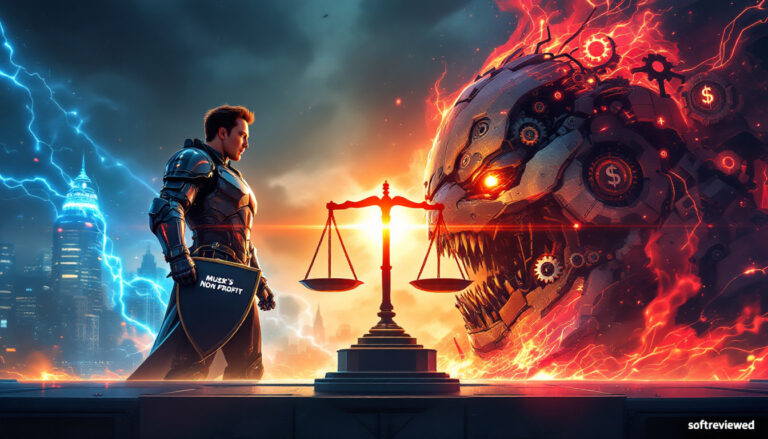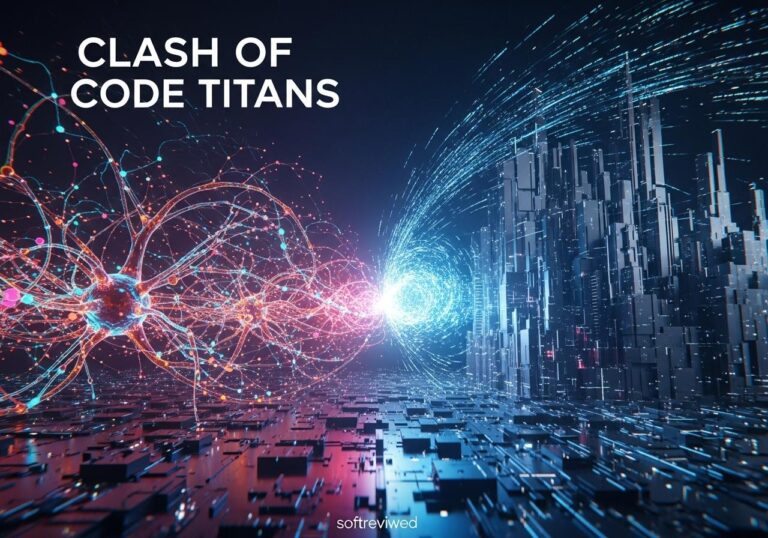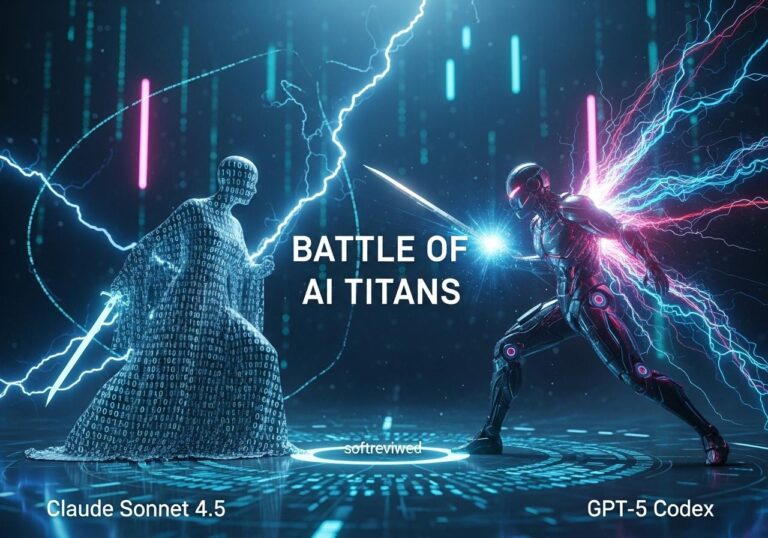Musk vs OpenAI: Legal Battle Overview
A comprehensive look at Elon Musk’s legal action against OpenAI’s corporate transformation
⚖️ Injunction Filing
Elon Musk files court injunction to halt OpenAI’s transition from nonprofit to for-profit model, citing concerns over competition and mission drift.
🚫 Competition Concerns
Allegations surface about OpenAI discouraging investors from supporting rival AI companies, including Musk’s xAI venture.
🎯 Mission Deviation
Musk argues OpenAI has strayed from its original nonprofit mission of benefiting humanity in favor of profit-driven objectives.
🤝 Microsoft Partnership
Lawsuit scrutinizes OpenAI’s partnership with Microsoft, raising concerns about information sharing and potential conflicts of interest.
⚡ Ethical Questions
Case highlights crucial debates about balancing AI development’s profit motives with public benefit and ethical considerations.
📜 Legal Precedent
Outcome could establish important precedents for AI company structures, funding approaches, and ethical-commercial balance.
In a surprising turn of events, tech mogul Elon Musk has taken legal action to prevent OpenAI, the company behind the revolutionary ChatGPT, from transitioning into a for-profit entity. This move marks the latest chapter in the ongoing saga between Musk and the artificial intelligence research company he co-founded in 2015.
The Legal Challenge
Elon Musk's attorneys filed a motion for a preliminary injunction in a federal court on Friday, aiming to block OpenAI's conversion into a fully for-profit business. The legal action also seeks to prevent OpenAI from allegedly requiring its investors to refrain from funding competitors, including Musk's own AI venture, xAI .
The filing argues that OpenAI "cannot lumber about the marketplace as a Frankenstein, stitched together from whichever corporate forms serve the pecuniary interests of Microsoft." This colorful language underscores the intensity of Musk's opposition to OpenAI's proposed structural changes .
OpenAI's Evolving Structure

OpenAI was originally established as a non-profit organization in 2015. In 2019, it adopted a "capped-profit" model, introducing a for-profit subsidiary supported by a multibillion-dollar investment from Microsoft. Under this structure, the non-profit entity retained control over the for-profit arm, with returns to investors and employees limited .
The company is now reportedly considering a transition to a for-profit benefit corporation. This change would remove the cap on investor returns while still maintaining a commitment to social and public good. The restructuring plan would allow OpenAI to retain its non-profit status as a separate entity .
Musk's Concerns
Elon Musk's legal action appears to be driven by several key concerns:
Competitive Fairness: The filing alleges that OpenAI and Microsoft are attempting to cement their dominance by cutting off competitors' access to investment capital, effectively creating a "group boycott" .
Information Sharing: Musk's attorneys argue that OpenAI should be prohibited from benefiting from "wrongfully obtained competitively sensitive information" via its board interlocks with Microsoft .
Mission Drift: There are implicit concerns that OpenAI's shift to a for-profit model could compromise its original mission of developing artificial general intelligence (AGI) for the benefit of humanity .
The Broader Context
This legal challenge comes at a time of significant change and scrutiny for OpenAI. The company has recently seen the departure of several senior executives, including its chief technology officer, Mira Murati . These developments have raised questions about the company's stability and direction.
Moreover, OpenAI's rapid growth and the widespread adoption of its technologies, particularly ChatGPT, have intensified debates about the ethical implications and potential risks of advanced AI systems. Former employees have expressed concerns about the company's ability to make responsible decisions regarding the development of artificial general intelligence .
Industry Implications
Musk's legal action against OpenAI could have far-reaching consequences for the AI industry:
Funding Landscape: If successful, the injunction could impact how AI companies structure their funding and partnerships, potentially limiting certain types of exclusivity agreements.
Corporate Structure Debates: The case may reignite discussions about the most appropriate corporate structures for AI research organizations, balancing the need for capital with ethical considerations.
Competition in AI: The outcome could influence the competitive dynamics in the AI sector, particularly between established players like OpenAI and newer entrants like Musk's xAI.
How Does ChatGPT’s Pricing Impact Musk’s Legal Battle to Keep OpenAI Non-Profit?
Musk’s legal battle to maintain OpenAI as a non-profit faces scrutiny as ChatGPT’s pricing structures evolve. As demand increases, stakeholders must evaluate the cost of politeness in chatgpt usage, potentially influencing funding and operational decisions. Balancing innovation with ethical considerations remains a critical challenge for the organization.
Looking Ahead
As this legal battle unfolds, it will likely draw significant attention from the tech industry, policymakers, and the public. The case touches on fundamental questions about the future of AI development, the balance between profit and public benefit, and the role of corporate structures in shaping technological progress.
Regardless of the outcome, this lawsuit underscores the growing tensions and high stakes in the world of artificial intelligence. As AI technologies continue to advance and reshape various aspects of society, the debate over how to develop and govern these powerful tools is likely to intensify.
The tech community and the public will be watching closely as this case progresses, potentially setting important precedents for the future of AI research and development. As we await further developments, one thing is clear: the intersection of artificial intelligence, corporate strategy, and ethical considerations remains a complex and contentious terrain.
OpenAI Nonprofit vs For-Profit Valuation Comparison
Comparison of OpenAI’s nonprofit assets ($21M) versus its for-profit valuation ($157B), highlighting the significant valuation difference and regulatory implications.







